Watch at Home
by Fernando Croce, Leasing News Movie Reviewer

As we celebrate Martin Luther King Jr. Day, check out our list of film recommendations, ranging from documentaries to biopics, which illustrate the profound integrity and eloquence of this immortal icon, as well as the ongoing importance of the Civil Rights movement.
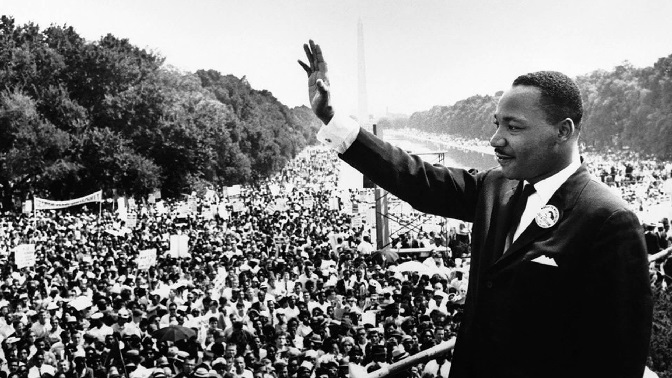
King: A Film Record… Montgomery to Memphis (1970): An exhaustive account of Dr. King’s public appearances during the Civil Rights movement, this three-hour documentary was put together by Joseph L. Mankiewicz (“All About Eve”) and Sidney Lumet (“Dog Day Afternoon”). Beginning with the bus boycott in Montgomery, Alabama in 1955 and ending with his assassination in Memphis, Tennessee in 1968, the film is an assembly of archival footage of his speeches and participation in protests. Also included are interviews with such Hollywood heavyweights as Harry Belafonte, Ruby Dee, Paul Newman, Charlton Heston, Burt Lancaster, and James Earl Jones. Though originally planned to be screened only once upon its 1970 release, the movie continues to inspire generations with its comprehensive record of Dr. King’s remarkable journey.
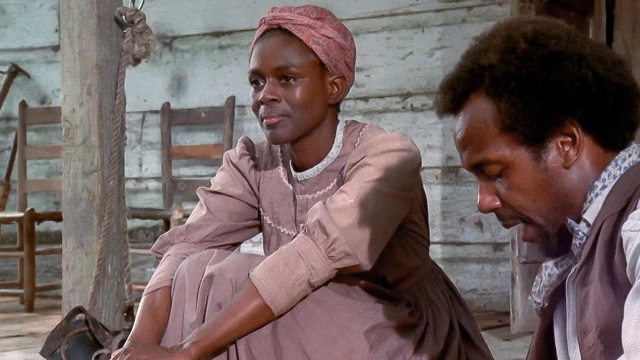
The Autobiography of Miss Jane Pittman (1974): Cicely Tyson gives a magnificent performance in this powerful TV drama, for which she won a richly deserved Best Actress Emmy. As the eponymous protagonist, she portrays a woman’s tribulations from ages 20 to 110, from slavery to the Civil Rights movement in the 1960s. Telling her story to a journalist (Michael Murphy), Miss Jane Pittman remembers the cruelties of a time when she was considered property, when loved ones would inevitably meet horrible deaths at the plantation where she worked. A tough survivor, she relates how her remarkable life experience has prepared her to finally speak her mind during the current era of necessary changes. Often performing under thick layers of old-age makeup, Tyson glows with intelligence and dignity.
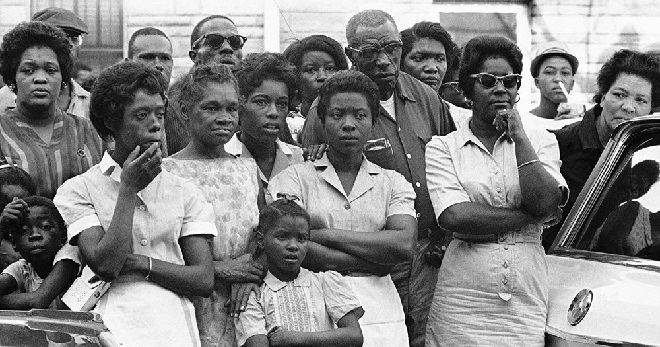
4 Little Girls (1997): Spike Lee directed this powerful, Oscar-nominated documentary, brimming with anger and sadness over its tragic true story. In 1963, the Ku Klux Klan planted bombs at the 16th Street Baptist Church in Birmingham, Alabama, which exploded during Sunday morning services. Killed in the blast were four young girls: May Collins, Carol Denise McNair, Cynthia Wesley, and Carole Rosamond Robertson. The national outrage that ensued (with Dr. King coming to their funeral to deliver the eulogy) proved to be a crucial moment for the Civil Rights movement, helping bring to light the many racially motivated instances of violence in the American South. Combining newsreel footage and interviews with family members and authorities, Lee’s film pays wrenching tribute to the victims while scrutinizing an ongoing struggle.
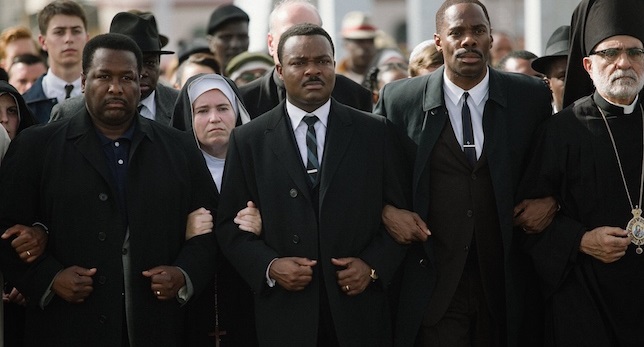
Selma (2014): History comes stirringly alive in director Ava DuVernay's moving chronicle of the Civil Rights struggle. Set in 1965, the film follows Martin Luther King Jr. (superbly played by David Oyelowo) as he embarks on a bold campaign for voting equality in racially segregated territory. Organizing a massive march of protest from Selma to Montgomery, Alabama, Dr. King faces often violent opposition but bravely forges ahead, inspired by the help of countless supporters hoping to make a difference. A specialist in emotional details, DuVernay brings an intimate tone to this epic scope, presenting historical figures like Annie Lee Cooper (Oprah Winfrey), Lyndon Johnson (Tom Wilkinson) and George Wallace (Tim Roth) as complex, flesh and blood presences. The result is a very good portrait of a truly great man.
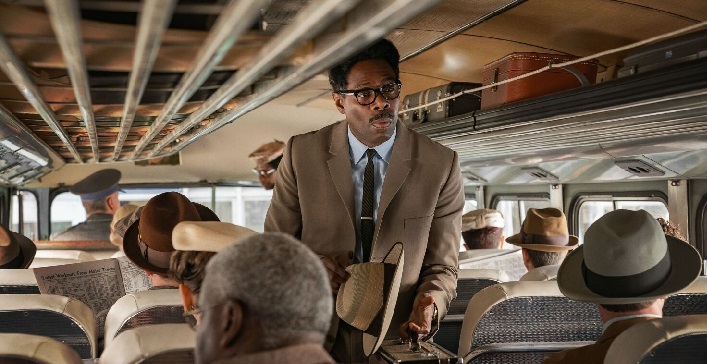
Rustin (2023): An often overlooked aspect of Civil Rights history is the focus of this stirring chronicle of the struggles of activist Bayard Rustin, directed by George C. Wolfe (“Ma Rainey’s Black Bottom”). Growing up in the segregated South, Rustin (impressively played by Colman Domingo) becomes involved with the Civil Rights movement in the 1960s alongside Dr. King (Aml Ameen). Largely responsible for organizing the 1963 March on Washington which led to King’s immortal “I have a dream” speech, Rustin’s passion and ingenuity were key to putting the landmark event together—even as his personal life as a gay man gathered little support within the community. With a cast that includes Chris Rock and Jeffrey Wright, this is a fleet, sturdy record of an unfairly forgotten figure.